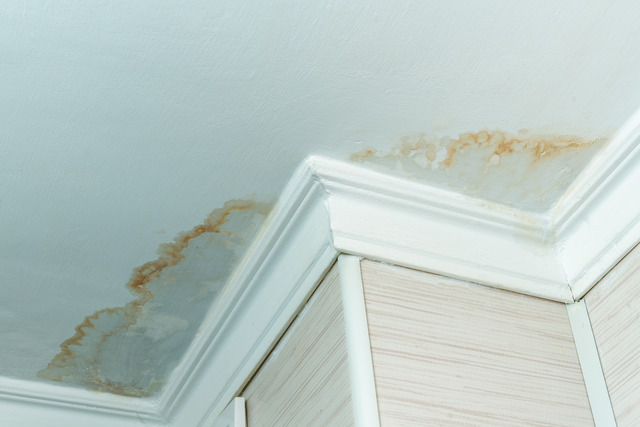
Dealing with water damage in a condominium setting requires understanding both the legal and practical implications involved. Please continue reading and reach out to our knowledgeable Florida condo & homeowner association attorneys to learn more about how to legally address water damage claims. Here are some of the questions you may have:
What Are the First Steps in Addressing Water Damage in a Condo?
When water damage occurs, immediate action is crucial. The affected resident should notify the condo or HOA board as soon as possible. Documentation is vital; therefore, taking photographs of the damage is a wise step. This evidence can be crucial for insurance claims and potential legal actions. An assessment by a professional can help determine the extent and source of the damage.
Who Is Responsible for Water Damage in Condos?
Responsibility varies based on the source of the water damage and the governing documents of the condominium association. Generally, if the damage originates from a common element, like a roof or plumbing in a shared wall, the association is likely responsible. Florida Statute 718.111(11)(f) clarifies insurance responsibilities, stating the association’s obligation to insure common elements and the unit owner’s responsibility for personal property within their unit. Legal interpretations of these documents can differ, so consulting with a knowledgeable attorney is advised.
How Are These Claims Handled Legally?
One primary concern when handling water damage claims is the statute of limitations, which in Florida, typically allows claims to be filed within four years of discovering the damage, according to Florida Statutes section 95.11. It’s also imperative to review the condo’s declaration of condominium, as it may specify particular procedures for addressing such claims. Furthermore, engaging with insurance companies often requires specific legal knowledge to ensure that all parties comply with Florida’s insurance laws.
Addressing these claims involves more than just understanding legal statutes. Effective communication with the affected parties is essential. Our firm can facilitate discussions to ensure a fair and timely resolution.
That said, in some cases, litigation becomes inevitable. Should the matter escalate to court, having a detailed record of all communications, assessments, and actions taken will be invaluable. Engaging a lawyer early in the process helps ensure that all legal steps are correctly followed, which can be crucial in a court case.
Prevention is also a significant aspect of managing water damage risks. Regular inspections and maintenance of common elements can prevent incidents before they occur. Educational sessions for residents about what they can do to mitigate risks in their own units might also be beneficial.
Ultimately, dealing with water damage in condos involves a combination of proactive measures, swift responses, and legal acumen. By adhering to the governing documents and legal statutes, and utilizing professional legal guidance when necessary, condo associations and individual unit owners can navigate these challenging situations effectively.
If you have any further questions or would like to speak with a seasoned attorney, simply contact Ansbacher Law today.

